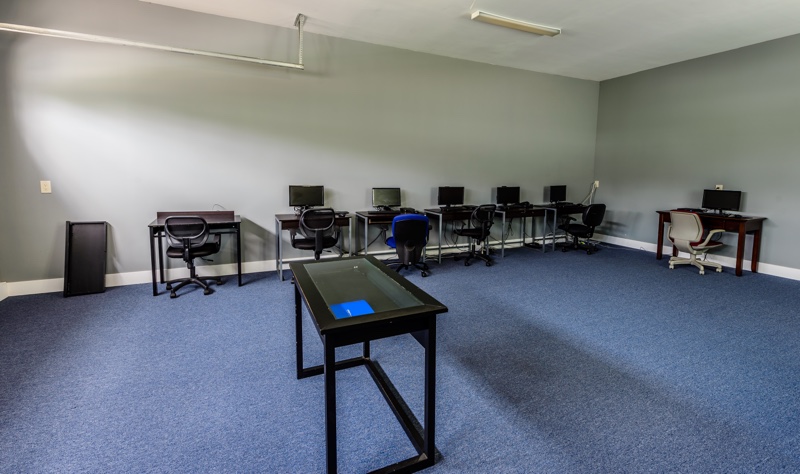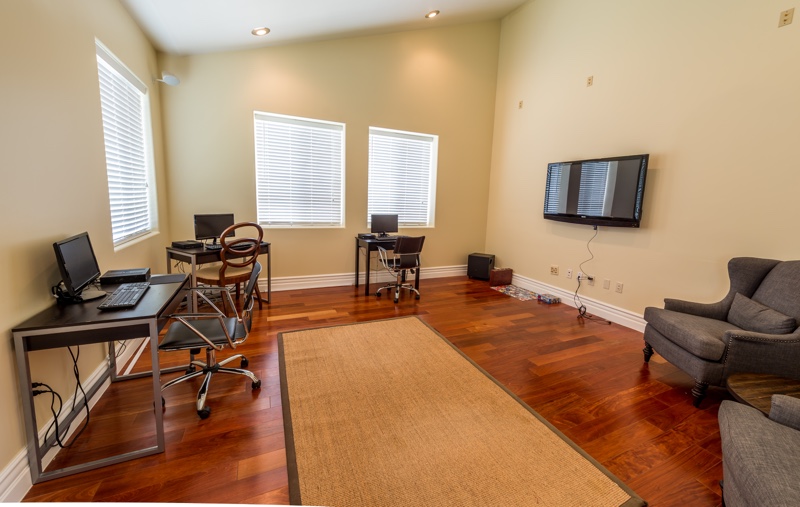adolescent treatment programs
For Mental Health & Substance Use
Your child is unique. Their treatment should be, too. Sustain Recovery was founded with the mission of doing whatever it takes to bring the adolescents in our care beyond better. We work collaboratively as a team and with our families to build adolescent treatment programs that overcome therapeutic resistance and spark real healing — the kind that can change the direction of an entire life.

what is extended care treatment for adolescents?
The foundation of our commitment to customized care is a continuum of treatment programs that fit any family’s needs. From primary residential treatment to outpatient programs for adolescents, we’ll meet your child where they’re at and build a treatment plan that sustains long-term recovery.
Treatment
Care
Hospitalization (PHP)
Outpatient (IOP)
for Adolescents
Learn more about our treatment programs.
who needs extended care treatment for adolescents?
Some clients come to us as their first stop in their recovery journey. Others may already have completed primary residential treatment, but need more structure and support during the transition back to normal life. Either way, our extended continuum of care can provide the building blocks for a new life.
Extended care is vital in order to avoid the potentially disastrous impacts of drastic transitions: from short-term intensive inpatient treatment to unstructured sober living, or from residential treatment straight home — all of which can spark relapse. The structure that was imposed on the individual in treatment (the clinical schedule), cannot be sustained without ongoing attention to structure. We know that when a resident comes into an Extended Care Treatment environment, which initially provides the same degree of structure as treatment, the necessary healthy living skills can be (re)introduced and utilized in “real time”, in the real world, with the support and safety net of the Sustain Recovery staff and community.
While all adolescents are supported by extended care, these groups can particularly benefit:
Adolescents with co-occurring disorders
Adolescents facing issues at school
Adolescents facing legal issues
Adolescents who have relapsed before
Adolescents without a safe and sober home environment
Throughout the entire continuum, there is a focus on adult living skills, education, involvement in Twelve Step organizations, and fun in recovery. Each step of the way, adolescents are given opportunities to do worthwhile and esteem-able tasks, to help them foster their own self-esteem. Overall, it’s an opportunity to build the foundation for a lifelong experience of recovery.

finding recovery in community
Our therapeutic community offers endless opportunity for connection — and the adaptability to lean into moments of growth when it occurs. Far from cookie cutter, our program is meant to fit around your child and their needs as they evolve and grow. The child that arrives is never the same as the one that leaves our program weeks or months later — and that’s the way that it should be.
the clinical approach
Sustain Recovery takes our responsibility of care seriously. For that reason, our Masters-level clinicians are trained in a variety of evidence-based modalities. Our programs are industry-leading and constantly changing to better meet the needs of the adolescents in our community, but each client follows a similar overall path.
First, each adolescent is seen by the medical doctor and psychiatrist within 24 hours of admission to determine their medical and mental health needs.
Then, a qualified addiction and mental health specialist completes a comprehensive bio-psycho-social assessment that becomes the basis of each Individual Treatment Plan — along with referral documentation, family and adolescent input, medical needs, and psychiatric assessment.
We identify areas in need of support and treatment goals that will address mental health and recovery needs.
Each adolescent works toward those goals through individual and group sessions, with progress monitored and documented daily.
adolescent academics at sustain
Every child is here to heal — but that doesn’t mean that learning has to stop entirely. We offer daily academics and can work with each client’s school to adapt curriculum as needed. This ensures that they can move forward in recovery without failing behind their peers. Led by a qualified Academic Coordinator, our program is adaptable to client needs and is a useful therapeutic tool as well. Our clinical team tracks mental health symptoms through school activities, adjusting the wider treatment plan as needed. Academic programming may include:
we also offer comprehensive life skills education, including:
Grocery Shopping
Budgeting
Time Management
Medication Mgmt.
Medical & Therapy Appt. Facilitation
Resume Building
Job Searches
Cooking
Personal Hygiene
Daily Chore Mgmt.
And More

the treatment community
You’ve given your child everything you can. Let us show them the way to recovery. Our trained team members act as mentors, leaders, and activity facilitators for our adolescents, creating additional opportunities for building trust and tools for recovery. Together with the clinical team, they ensure that every child is seen, understood, and treated to the best of our ability.
Tour our homes.
the manor:








the villa:








all are welcome: our commitment to allyship & equality
Sustain Recovery is proud to be a community of belonging — for each and every teen that joins us. We welcome and support clients with any type of orientation or gender expression. Whether lesbian, gay, bisexual, transgender, gender-neutral, cis-gender, non-binary, heterosexual, asexual, or something in between, every child in our care will feel seen, supported, and safe at every moment. That’s our commitment: to you, and to them. For more information about our community, contact us directly.
go beyond better
Is it time to take action? You can change the path for your entire family if even just one of you heals. Contact us to learn more about how it works.
